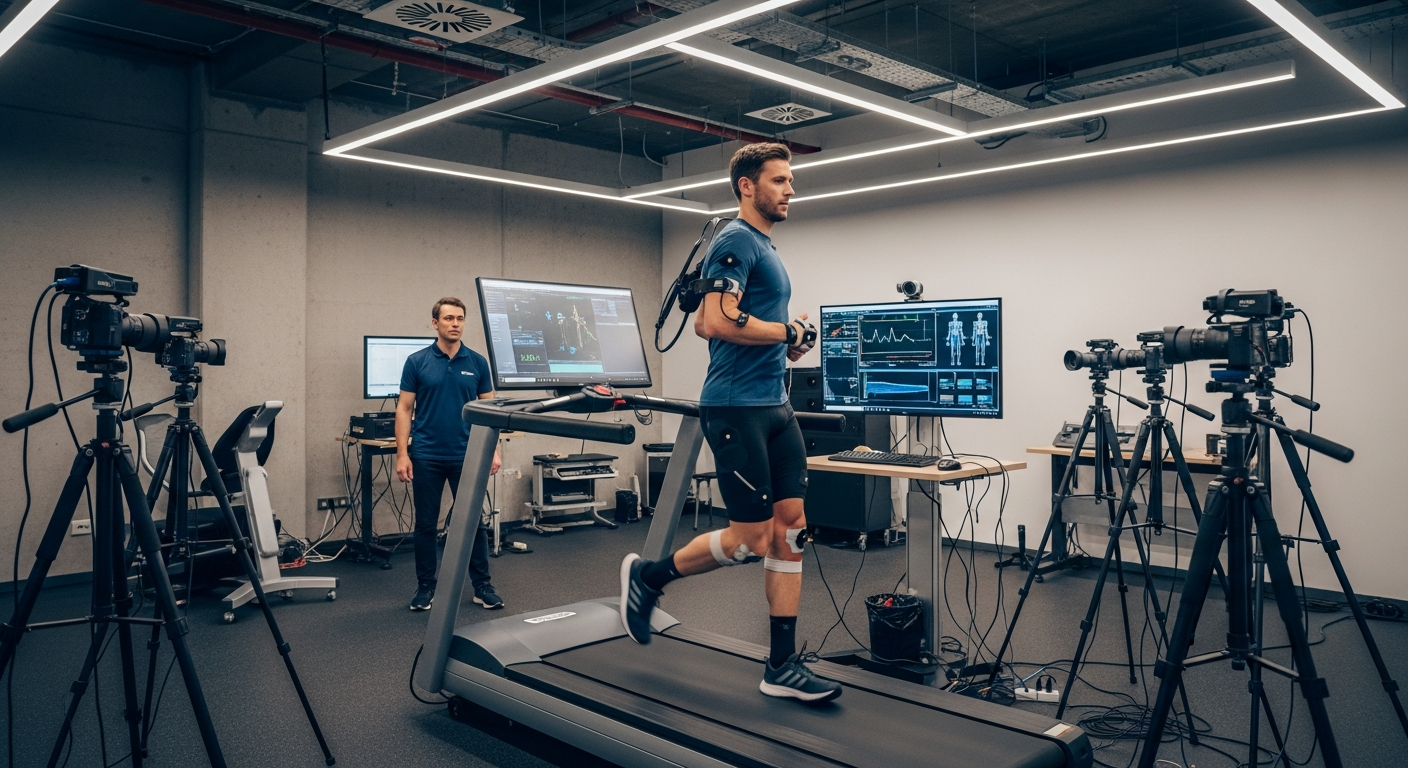Neuromodulation: Tuning the Brain for Optimal Health
The interplay between our nervous system and overall health has long fascinated scientists. But what if we could fine-tune our brain's electrical signals to enhance well-being? Enter neuromodulation, a cutting-edge field that's revolutionizing how we approach mental and physical health. Could this be the key to unlocking our body's full potential?

The Science Behind Neuromodulation
At its core, neuromodulation involves the manipulation of neural circuits through external stimuli. This can be achieved through various methods, including electrical stimulation, magnetic fields, or chemical agents. The goal is to modulate the brain’s activity, either by increasing or decreasing neuronal firing in specific areas. This precise control over neural function allows for targeted interventions that can address a wide range of health issues.
Neuroscientists have identified key brain regions and neural networks associated with different functions and conditions. By modulating these areas, it’s possible to alleviate symptoms of neurological disorders, improve cognitive performance, and even enhance mood. The beauty of neuromodulation lies in its ability to create lasting changes in brain function, potentially offering long-term benefits beyond traditional pharmacological approaches.
Applications in Mental Health
One of the most promising areas for neuromodulation is in the treatment of mental health disorders. Traditional psychiatric medications often come with significant side effects and may not be effective for all patients. Neuromodulation offers a more targeted approach, with fewer systemic side effects.
For example, transcranial magnetic stimulation (TMS) has shown remarkable results in treating depression resistant to conventional therapies. By delivering magnetic pulses to specific areas of the brain associated with mood regulation, TMS can help alleviate depressive symptoms and improve overall mental well-being. Similar approaches are being explored for anxiety disorders, PTSD, and even addiction.
Pain Management and Neurological Disorders
Chronic pain affects millions worldwide, often with limited treatment options. Neuromodulation techniques like spinal cord stimulation and peripheral nerve stimulation are offering new hope for those suffering from persistent pain conditions. These methods work by interrupting pain signals before they reach the brain, providing relief without the need for ongoing medication.
In the realm of neurological disorders, deep brain stimulation (DBS) has emerged as a powerful tool for managing conditions like Parkinson’s disease, essential tremor, and dystonia. By implanting electrodes in specific brain regions, DBS can modulate abnormal neural activity, significantly improving motor function and quality of life for patients.
Cognitive Enhancement and Performance Optimization
Beyond treating medical conditions, neuromodulation is opening up exciting possibilities for cognitive enhancement in healthy individuals. Techniques like transcranial direct current stimulation (tDCS) are being explored for their potential to improve memory, focus, and learning capabilities. While still in the early stages of research, these applications hint at a future where we might be able to boost our brain power on demand.
Athletes and performers are also taking notice of neuromodulation’s potential. By targeting brain areas involved in motor control and coordination, it may be possible to enhance physical performance and accelerate skill acquisition. This raises intriguing questions about the future of human performance and the ethics of cognitive enhancement.
The Future of Neuromodulation
As research in neuromodulation advances, we’re likely to see even more innovative applications emerge. One exciting area is the development of closed-loop systems that can monitor brain activity in real-time and adjust stimulation parameters accordingly. This could lead to highly personalized treatments that adapt to an individual’s changing neural patterns.
Another frontier is the combination of neuromodulation with other cutting-edge technologies like artificial intelligence and brain-computer interfaces. These hybrid approaches could revolutionize how we interact with technology and potentially restore function in individuals with severe neurological impairments.
Neuromodulation Insights
-
Neuromodulation can target specific brain regions with minimal invasiveness
-
Some neuromodulation therapies are already FDA-approved for certain conditions
-
Researchers are exploring wearable neuromodulation devices for at-home use
-
Combining neuromodulation with physical therapy may enhance rehabilitation outcomes
-
Ethical considerations around cognitive enhancement are an active area of debate
-
Neuromodulation shows promise in treating migraine headaches
-
Some studies suggest neuromodulation could help with weight management by altering appetite signals
As we continue to unravel the complexities of the human brain, neuromodulation stands out as a powerful tool for enhancing health and well-being. From treating stubborn mental health conditions to optimizing cognitive performance, this field offers tantalizing possibilities for the future of healthcare. While challenges remain in terms of refining techniques and ensuring long-term safety, the potential benefits of neuromodulation are too significant to ignore. As research progresses, we may find ourselves on the cusp of a new era in brain health, where fine-tuning our neural circuits becomes as commonplace as adjusting our diet or exercise routine.






